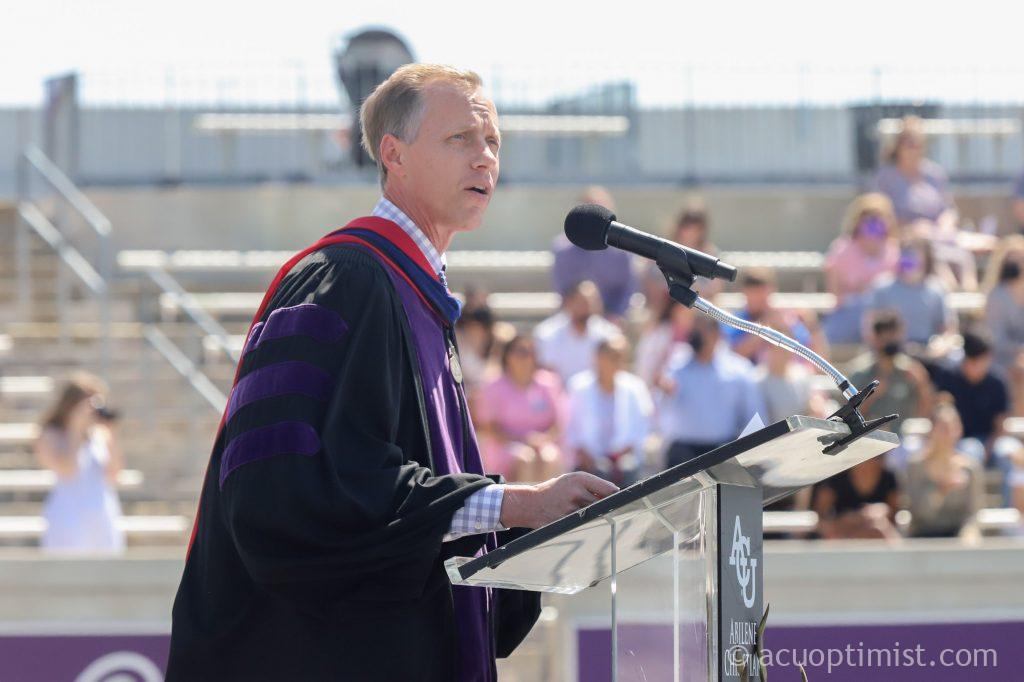Dr. Bill Carroll is set to take over the position of Assistant Provost for Graduate Programs after Dr. Donnie Snider retires this year.
This position will oversee the graduate programs, primarily the residential programs, and oversees the residential communication and speech disorders program. Carroll, professor of Language and Literature, said he was inspired by his own teaching to look into graduate work.
“The main reason I was interested in the position is because I have a passion for graduate education,” said Carroll. “In 2015 to 2019, I oversaw our MA program in English. If you are really interested in your discipline, you get to go to a new level of depth. As a faculty member in preparation for those courses, you get to engage with ideas on a different level.”
For bigger roles on campus, there will be a national search for administrative positions. The search of the assistant provost is internal and Dr. Robert Rhodes had reached out to people who had expressed interest in the graduate program.
“The role of this office is a facilitative role,“ said Carroll. “The administrative support and the structures that we build help make those processes go really smoothly and we are in a position to help students and programs thrive if our office is going well.”
Overall, the Office of the Provost works closely with deans of each academic program and oversees each of these programs. As well as trying to help to make these programs thrive.
“What I want to do in the role is I want to create a situation where our graduate program office and grad programs are thriving,” said Carroll. “For our students, since our graduate program office is not in the classroom, we can make sure the administrative process that surround being a graduate student at ACU is easy for students.”
ACU is an undergraduate focused campus. However, the graduate programs are intended to enrich the community and have been a central element of the ACU experience.
“I envision myself as someone who teaches,” said Carroll.“At the same time, I do have this passion for graduate education. I feel like in this role I can employ that passion in ways that can enrich the graduate experience more broadly. “

